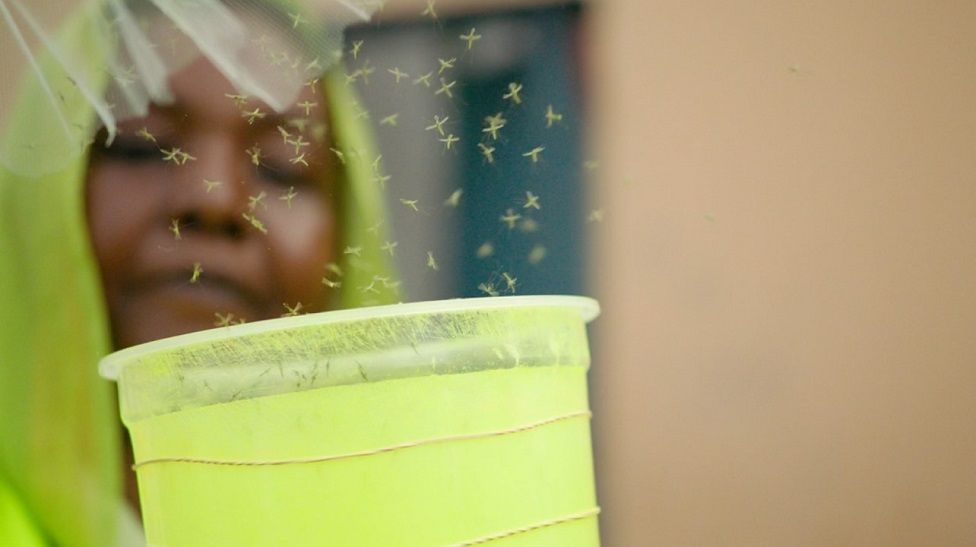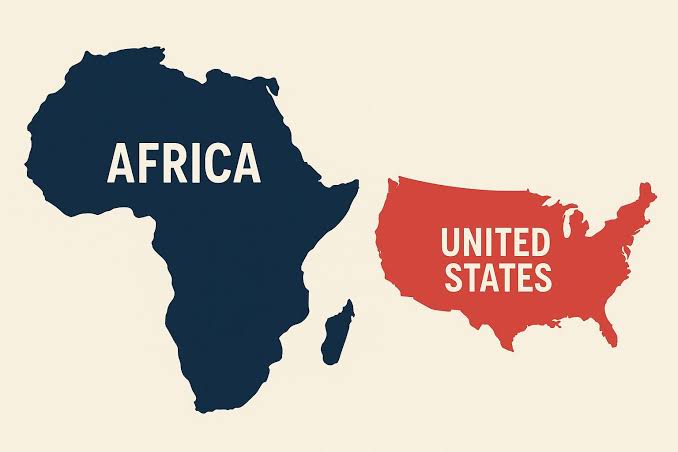
East African Country, Djibouti, Releases GMO Mosquitoes To Fight Malaria

Djibouti has released thousands of genetically modified (GMO) mosquitoes to combat the spread of the female Anopheles mosquito, which transmits malaria and other viral diseases.
The first batch of non-biting male Anopheles stephensi mosquitoes, developed by UK-based biotechnology company Oxitec, was released on Thursday in Ambouli, a suburb of Djibouti city.
These mosquitoes carry a gene that kills female offspring before they mature, leaving only the male offspring, which scientists expect will eventually die out.
This release marks the first time such mosquitoes have been introduced in East Africa and the second time on the continent, according to the BBC.
The project is a pilot phase of a partnership between Oxitec Ltd, Djibouti’s government, and the NGO Association Mutualis.
The release is part of the Djibouti Friendly Mosquito Program, which began two years ago to stop the spread of Anopheles stephensi, an invasive mosquito species first detected in 2012. At that time, Djibouti was close to eliminating malaria, with only 30 cases. However, malaria cases have since risen to 73,000 by 2020.
We have built good mosquitoes that do not bite or transmit disease. When we release these friendly mosquitoes, they seek out and mate with wild female mosquitoes, said Oxitec head Grey Frandsen.
Frandsen noted that over the past ten years, during which Oxitec has released a billion modified mosquitoes, no adverse effects on environmental or human health have been documented.
Our focus is ensuring that whatever we release into the environment is safe and highly effective. There is no environmental impact. They are non-toxic, non-allergenic, and species-specific, he said.
He added that the genetically modified genes are not found in the mosquitoes’ saliva, so even if bitten, people will not be exposed to the genes.
Meanwhile, similar technology has been successfully used in Brazil, the Cayman Islands, Panama, and India, the BBC reported.
Malaria is a deadly disease, killing at least 600,000 people annually worldwide, with nine out of ten deaths occurring in sub-Saharan Africa, according to the World Health Organization.
The global health body reported that malaria remains a significant public health concern in Nigeria, with an estimated 68 million cases and 194,000 deaths in 2021, making Nigeria the country with the highest malaria burden globally, accounting for nearly 27% of the global malaria burden.
Read more: Nigeria’s GDP Slows to 2.98% in Q1 2024 -NBS
About The Author
Related Articles
Ghana’s Cedi Expected to End 2026 Around GH¢12.85 to the Dollar
The Ghanaian cedi is projected to hold relatively steady against the United...
ByWest Africa WeeklyMarch 3, 2026Malian Prime Minister Presents 2025 Government Report, Pledges Stability and Reform
Mali’s Prime Minister, Major General Abdoulaye Maïga, has presented the government’s 2025...
ByWest Africa WeeklyMarch 2, 2026AES Ministers Conclude Roadmap Talks in Ouagadougou, Strengthen Security Coordination
Ministers of the Confederation of Sahel States have concluded high level discussions...
ByWest Africa WeeklyMarch 2, 2026Investigation Links Western Funding Networks and NGOs to African Conflict, Terror Financing, and Organised Crime
A transcontinental investigation has exposed an alleged web of Western-funded organisations and...
ByWest Africa WeeklyMarch 2, 2026











